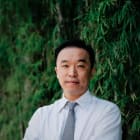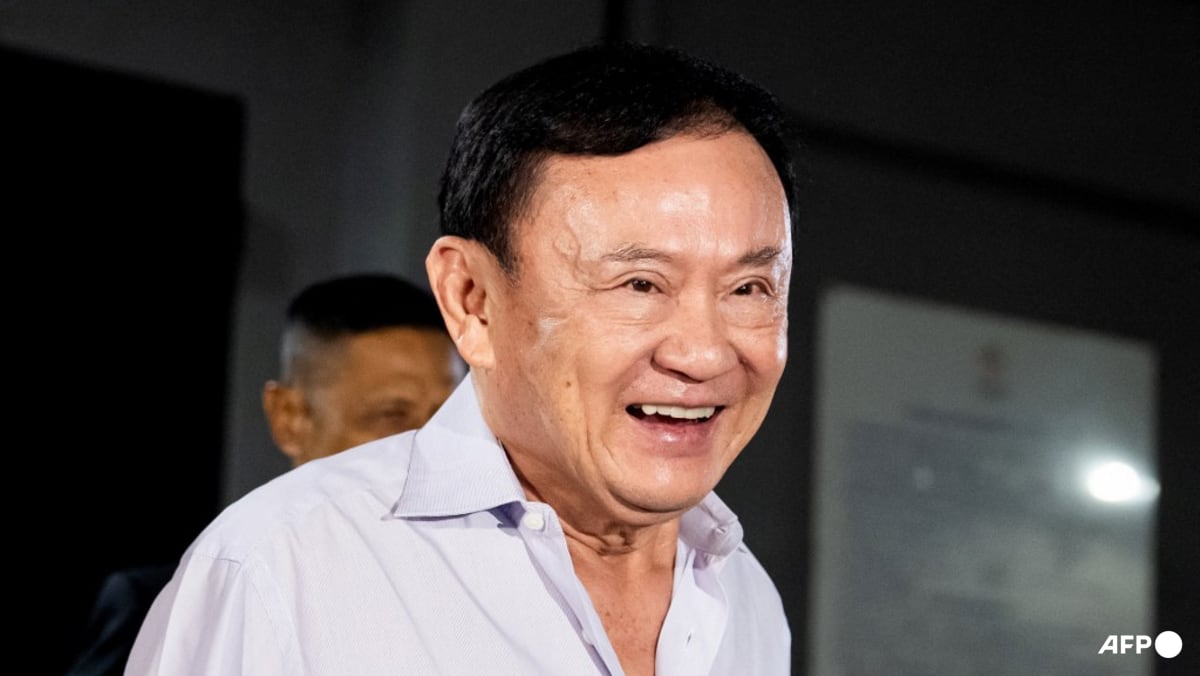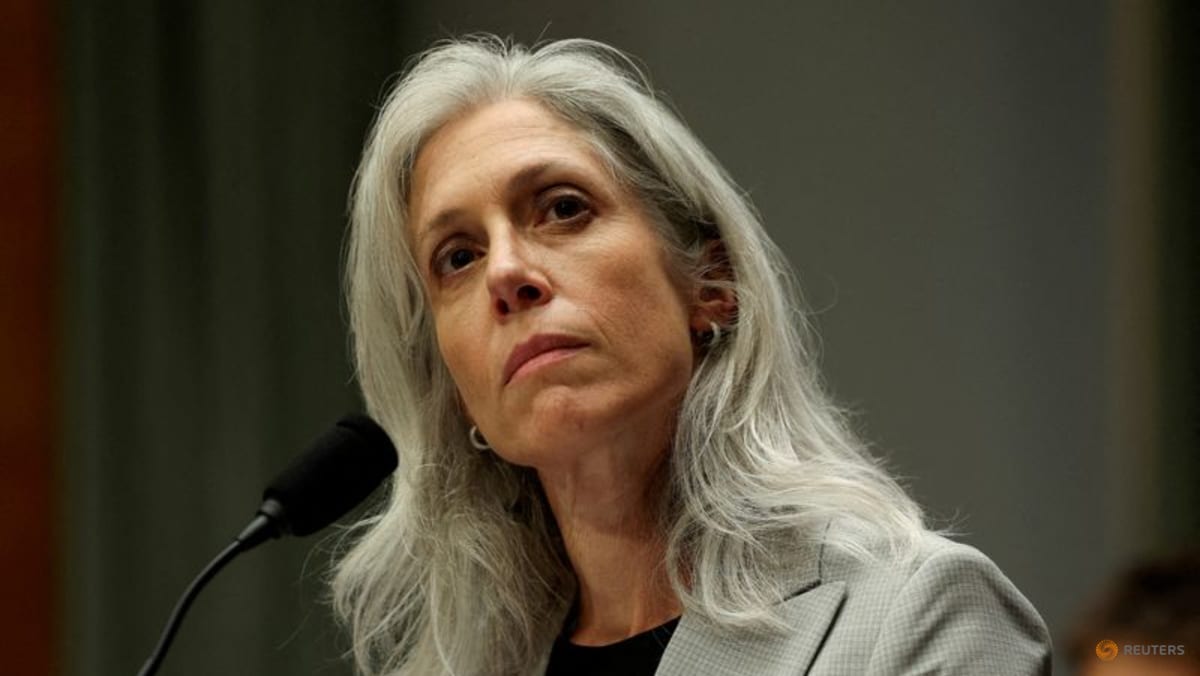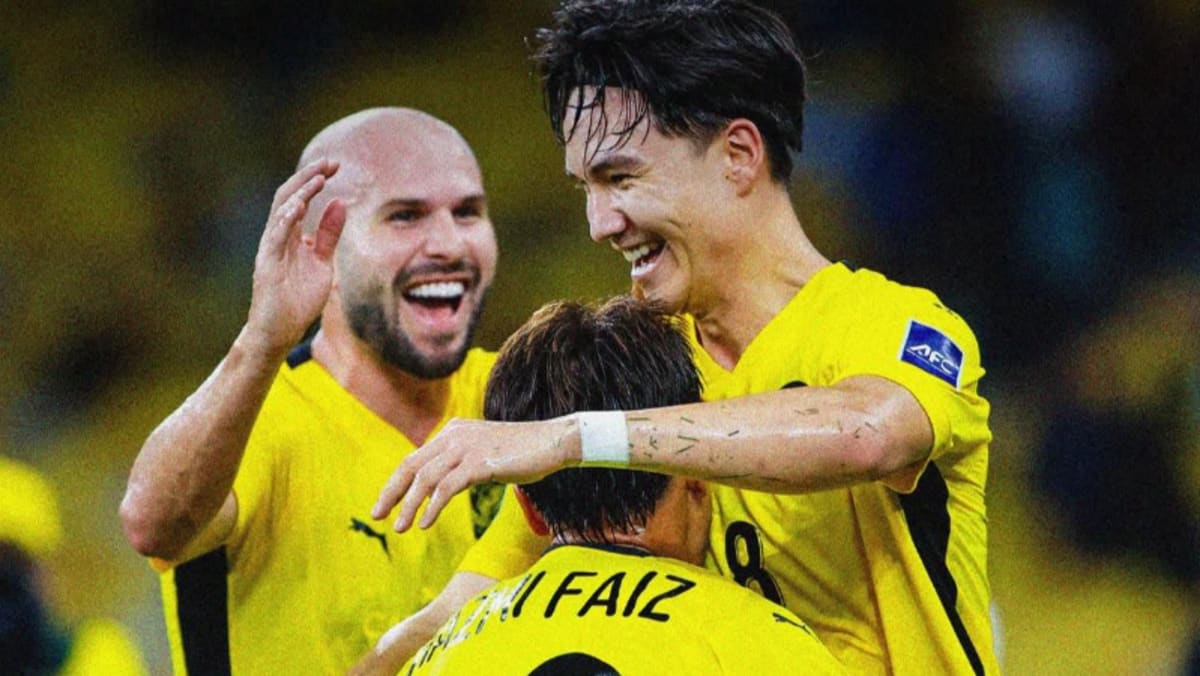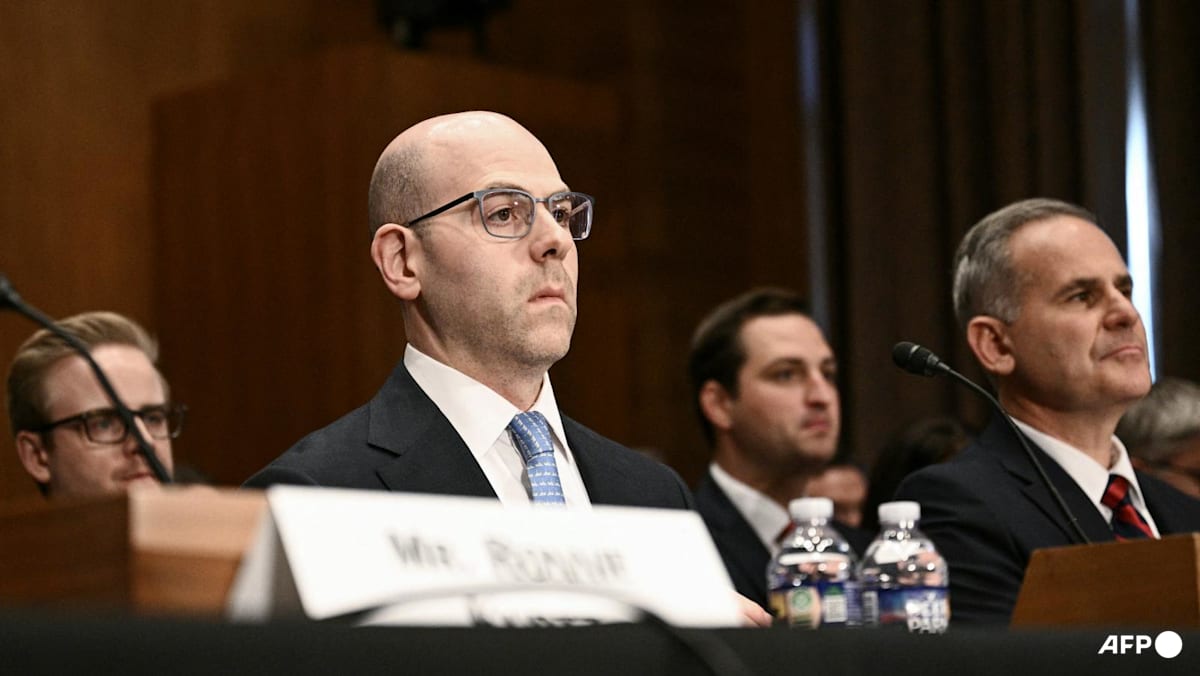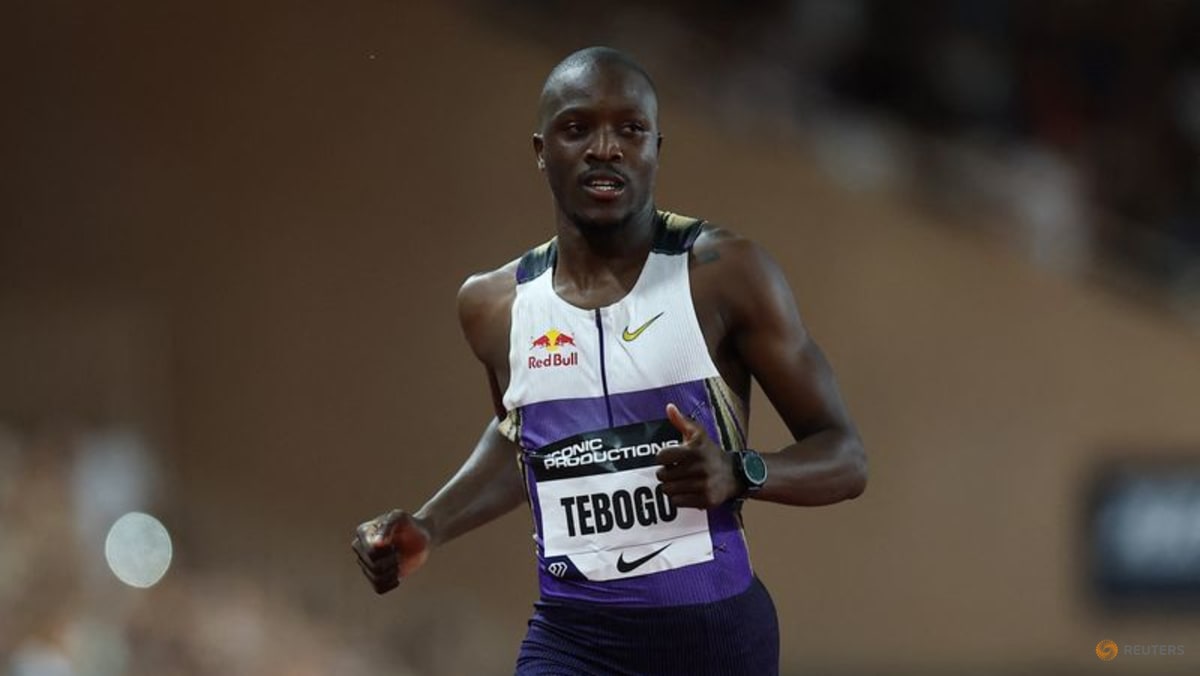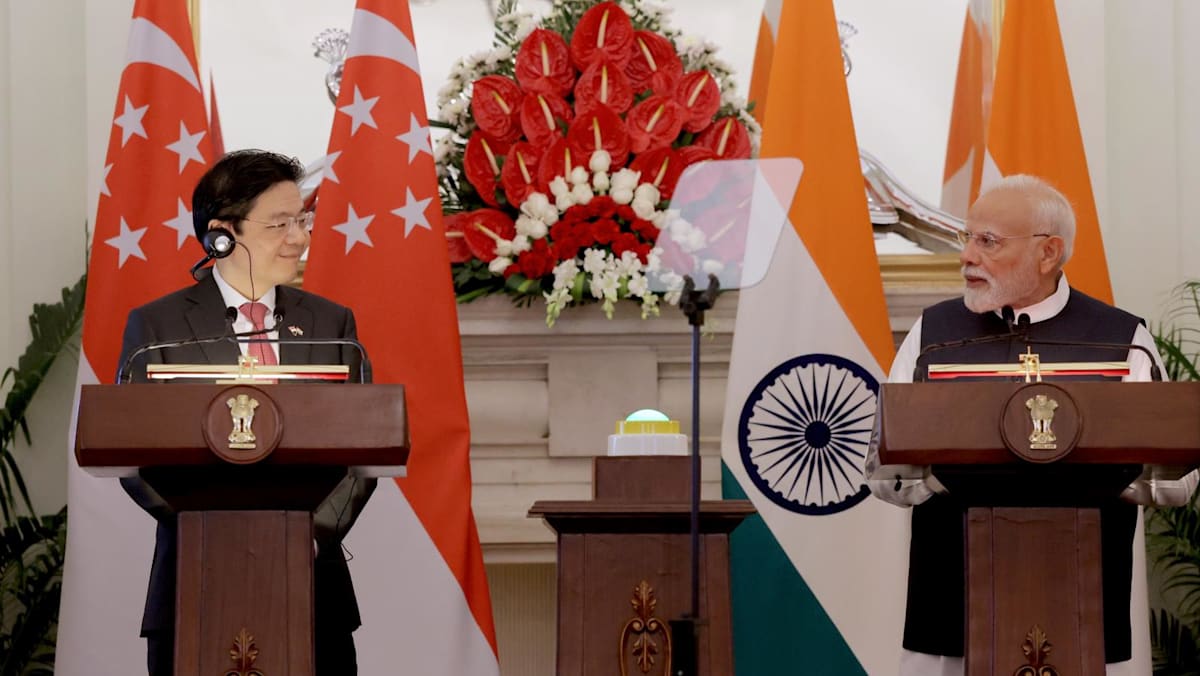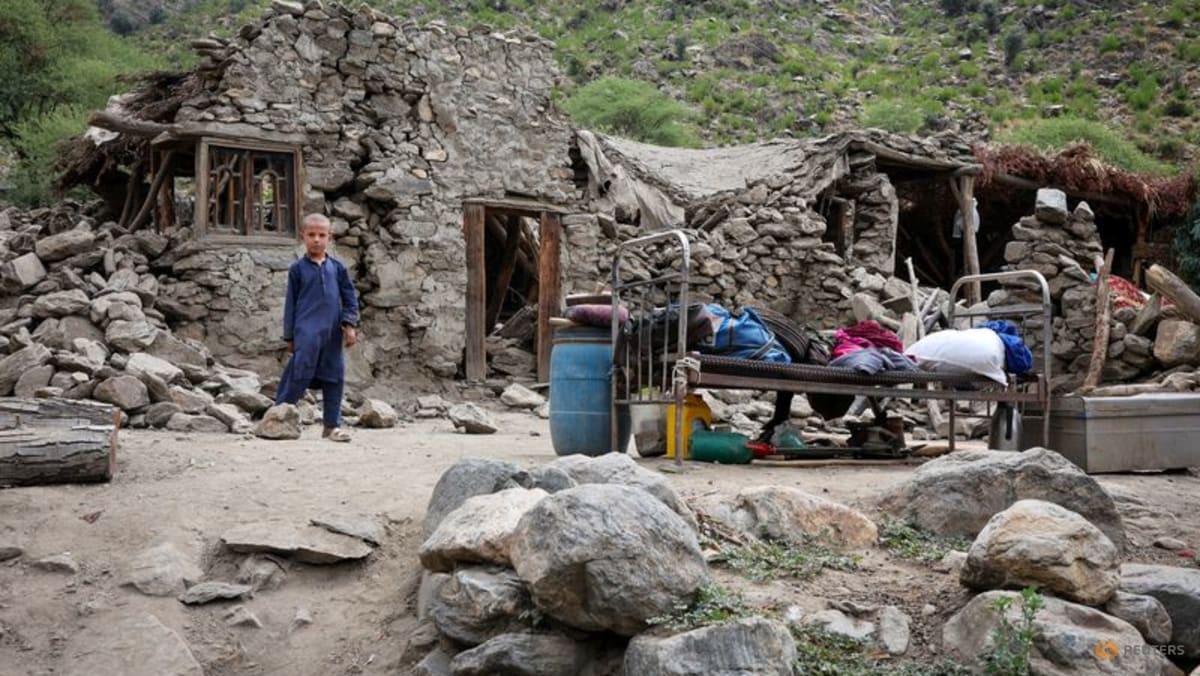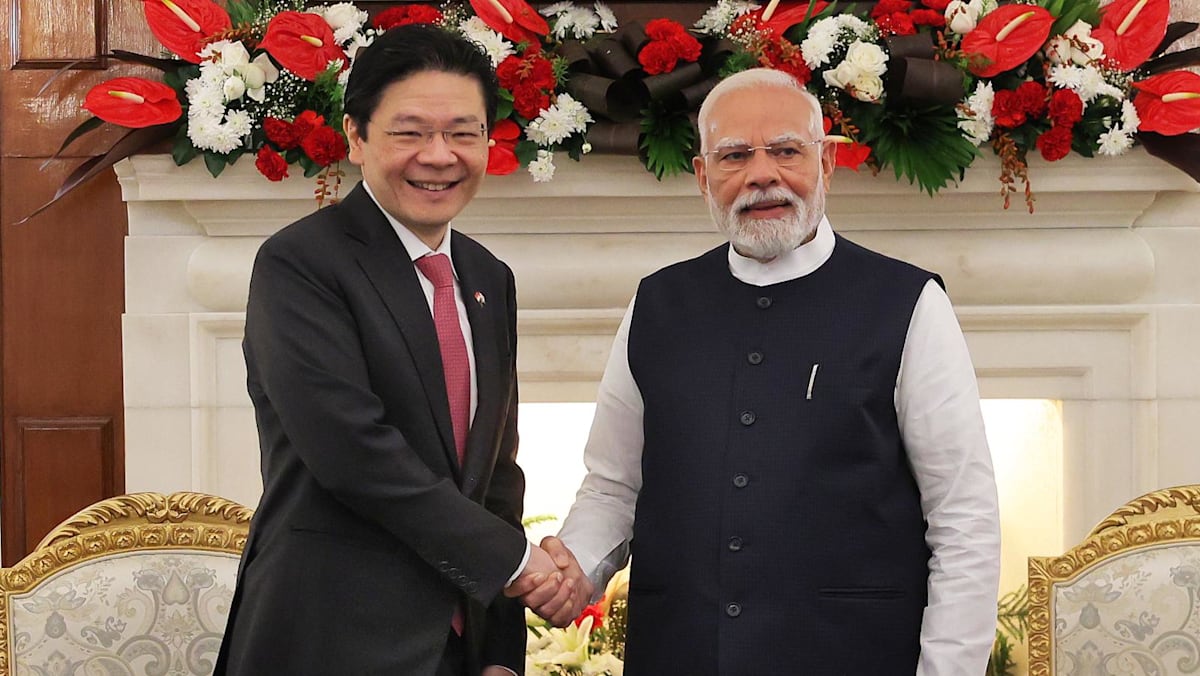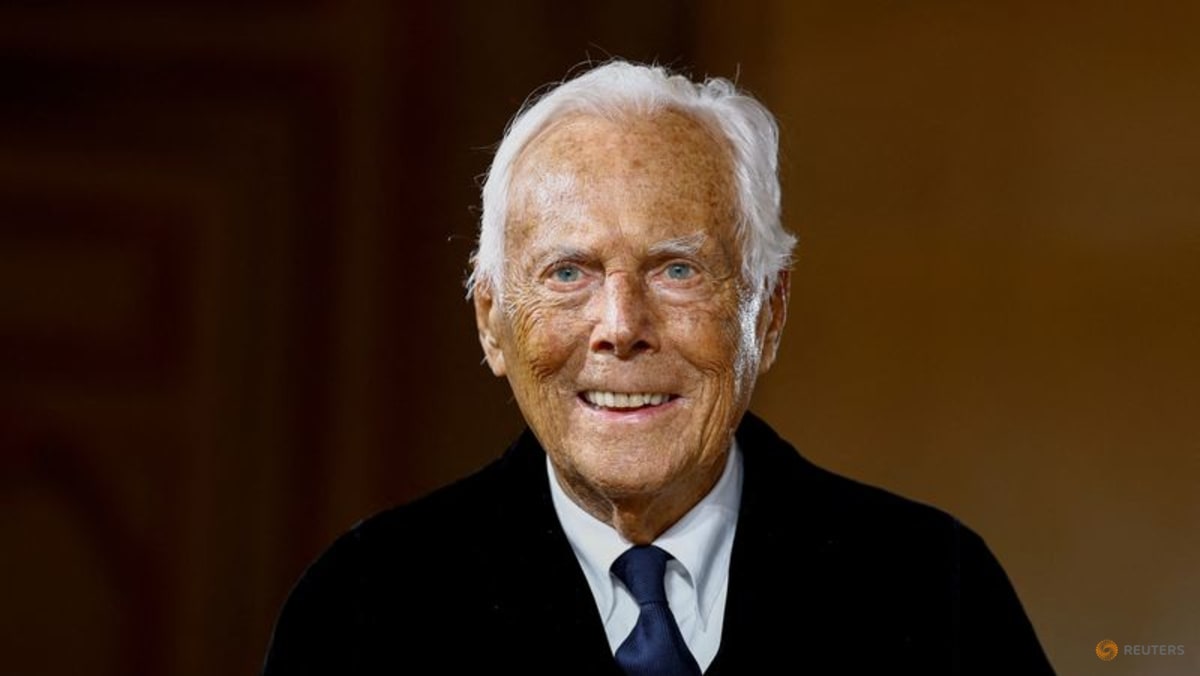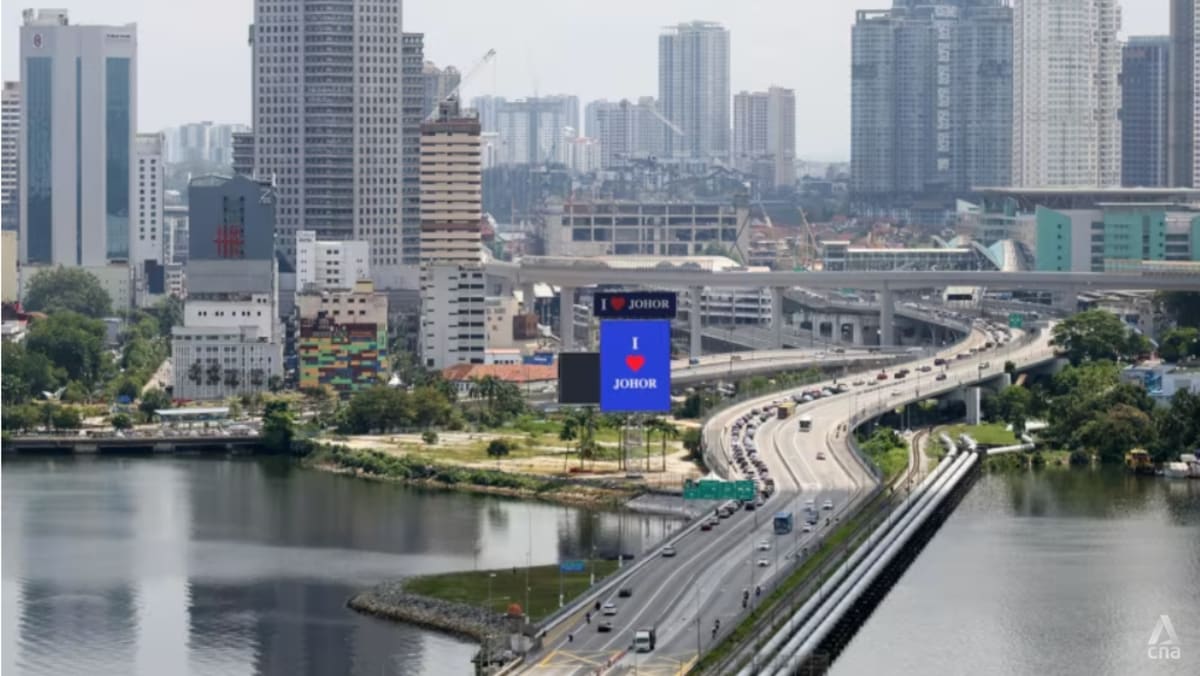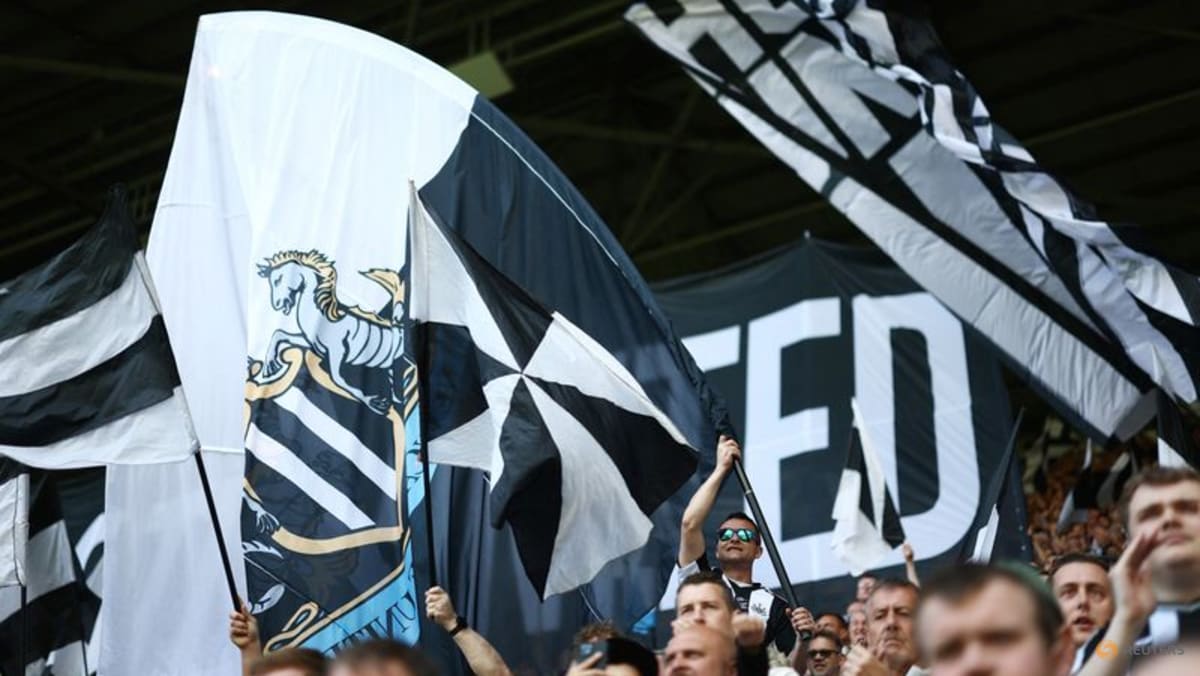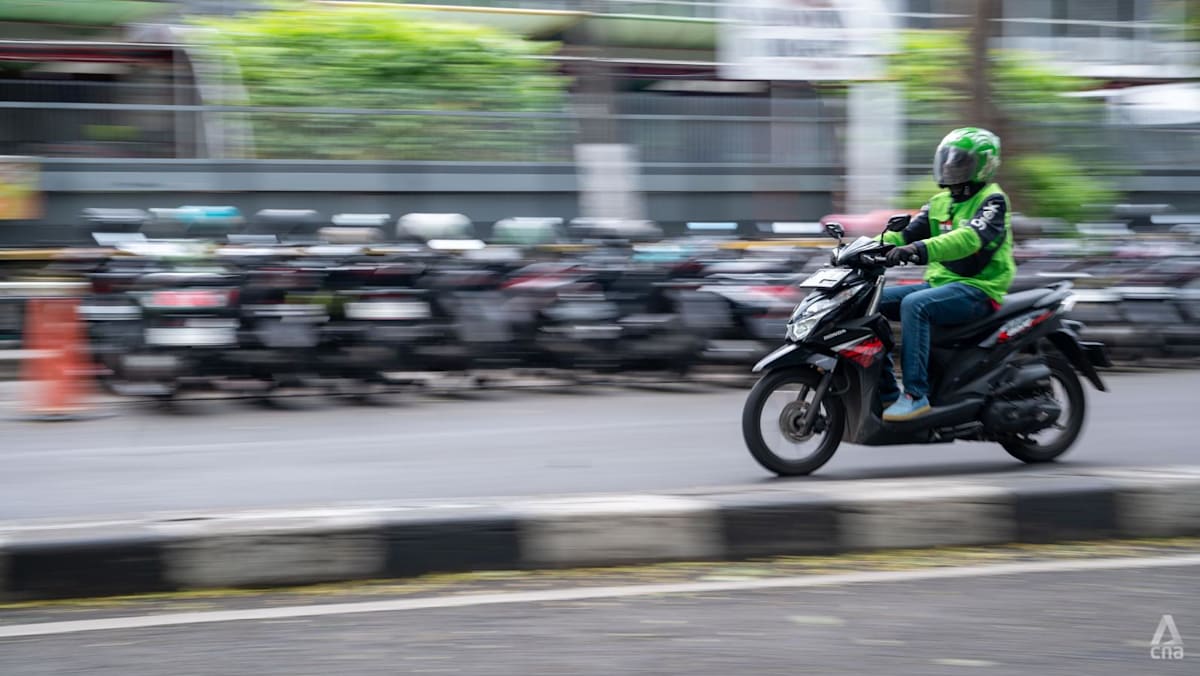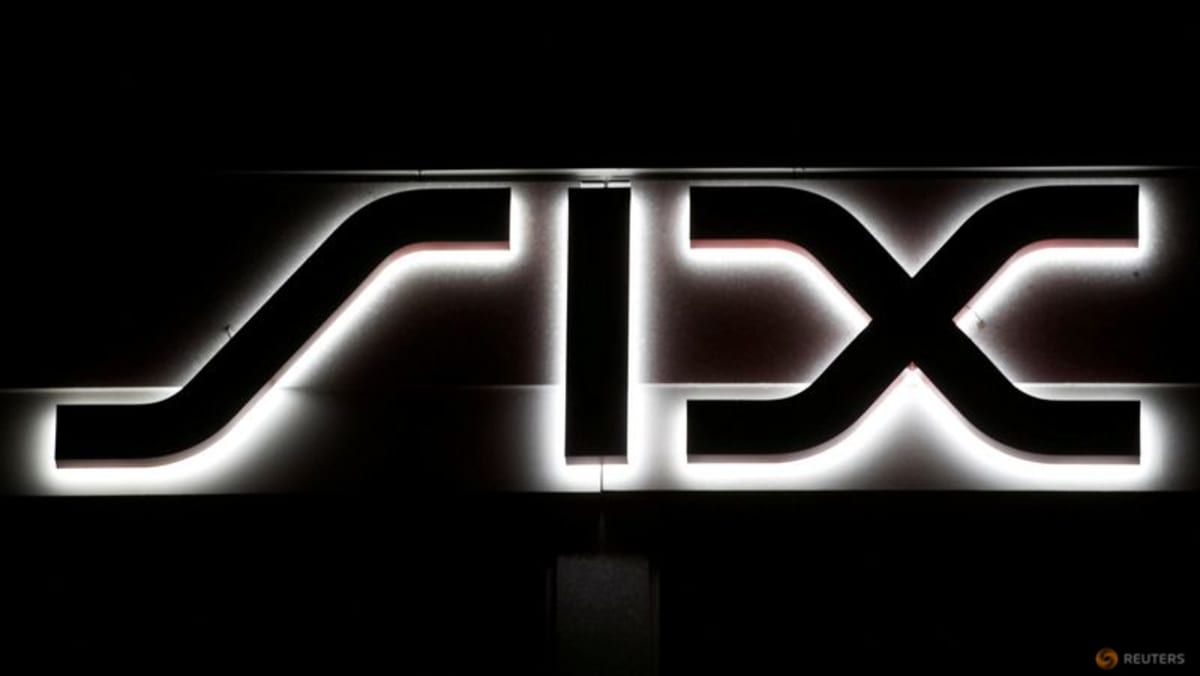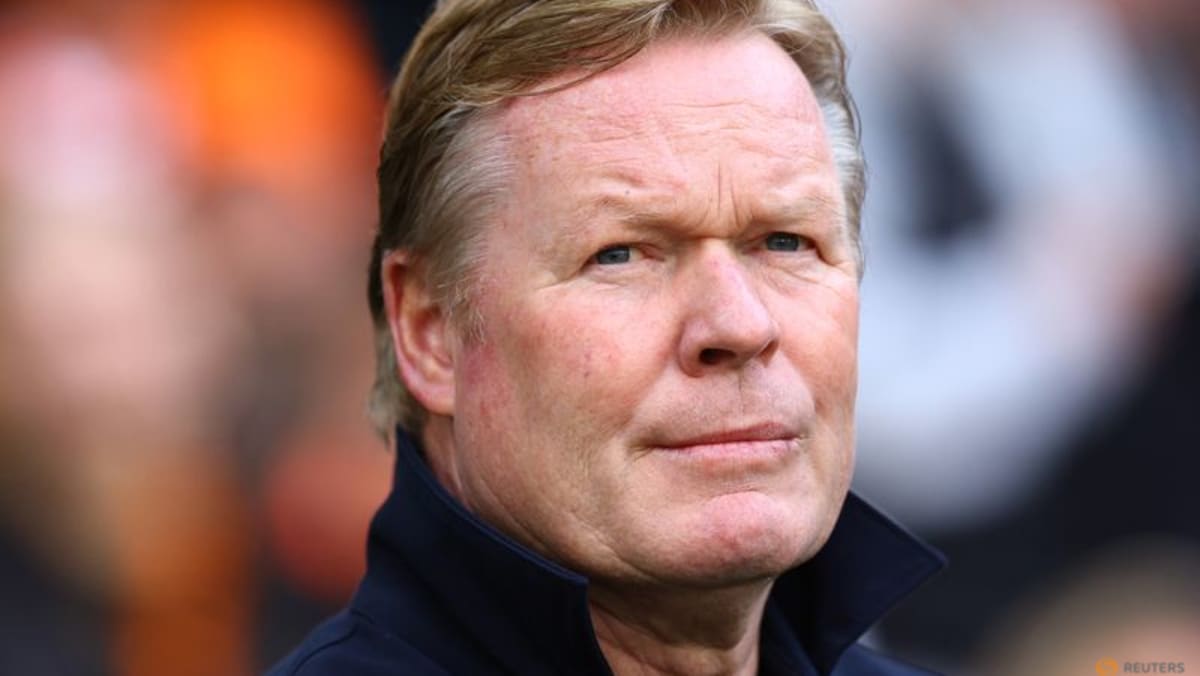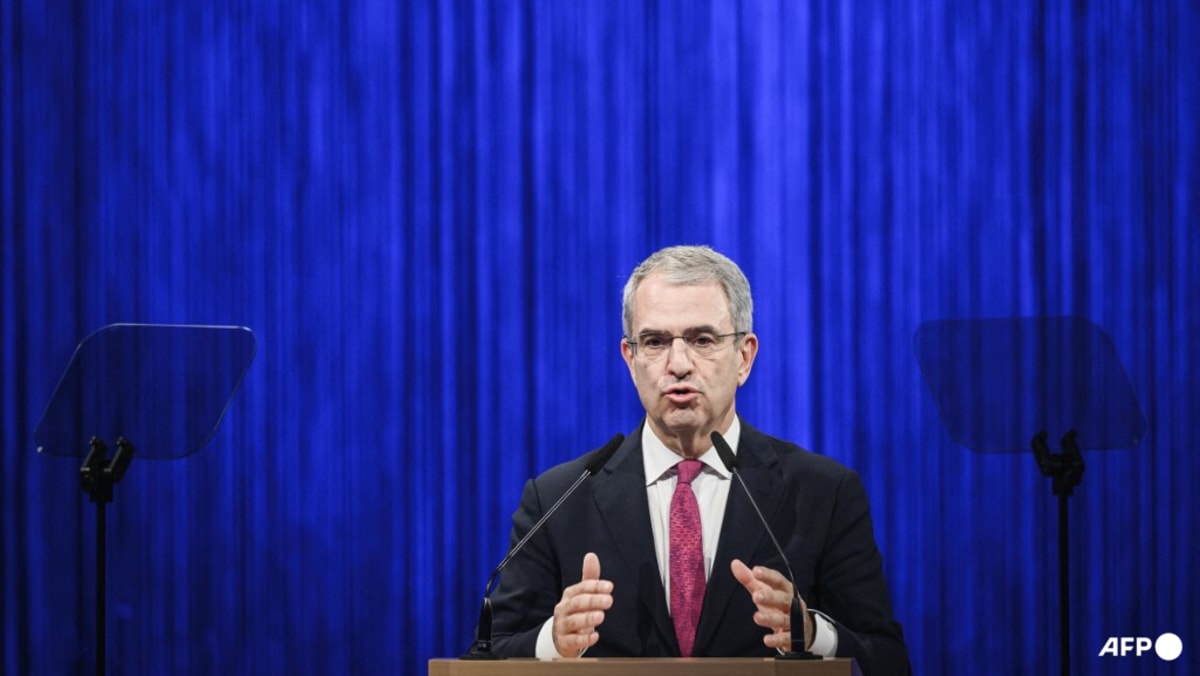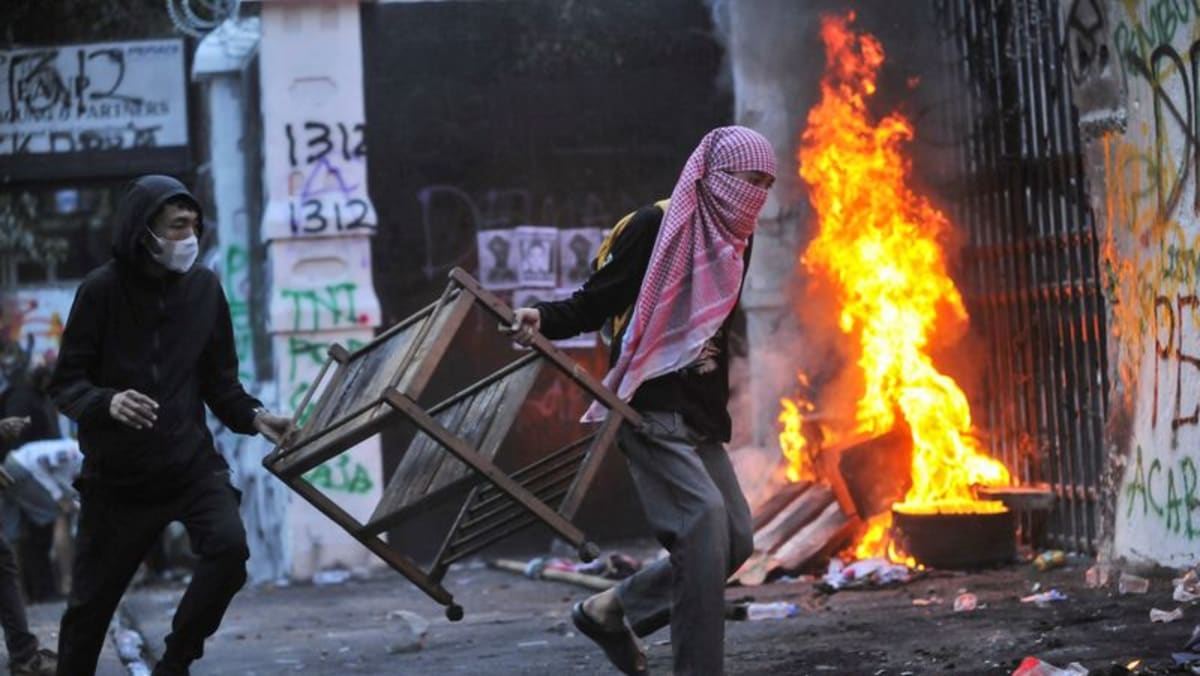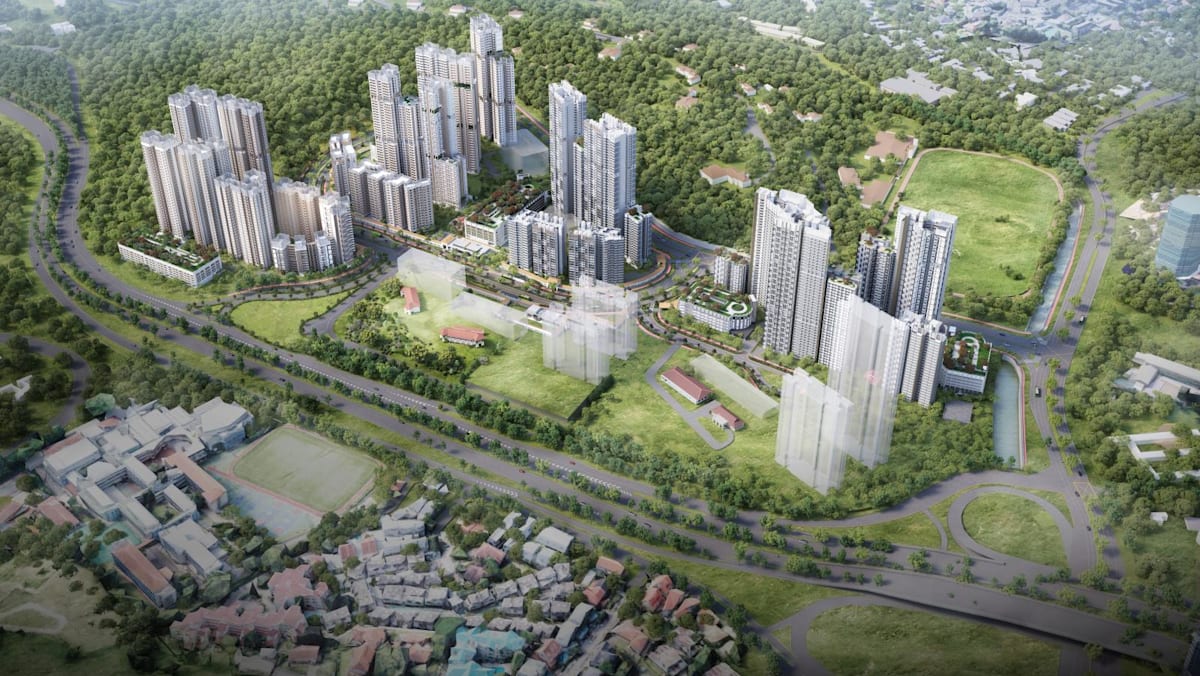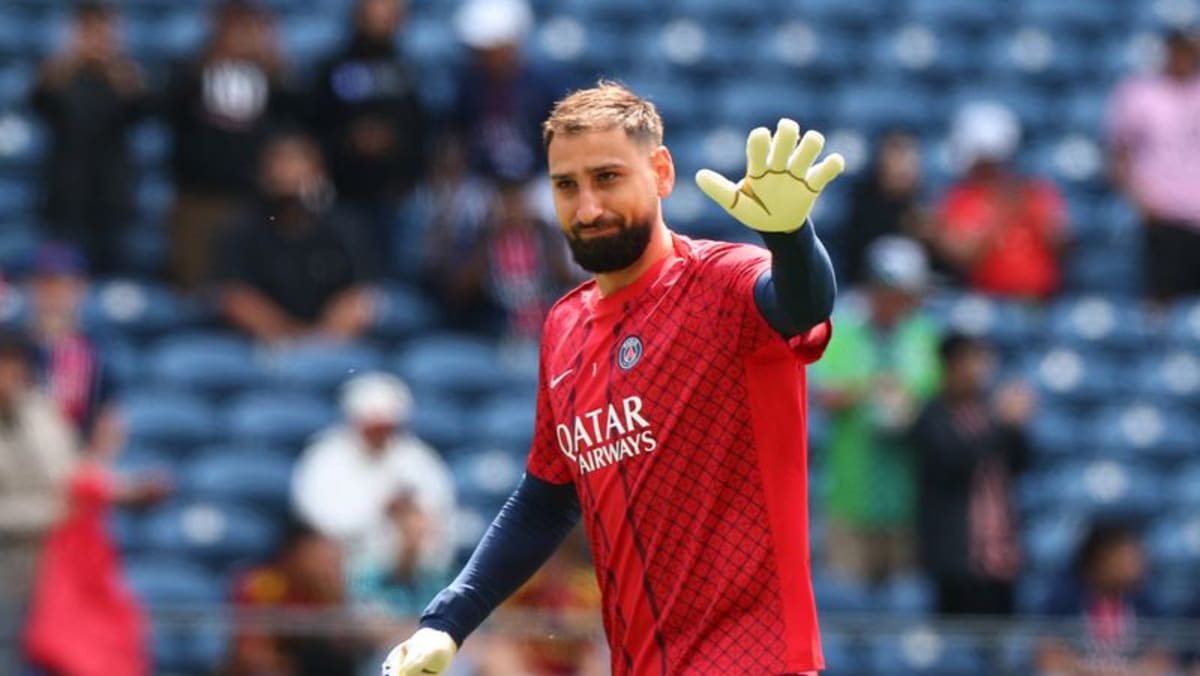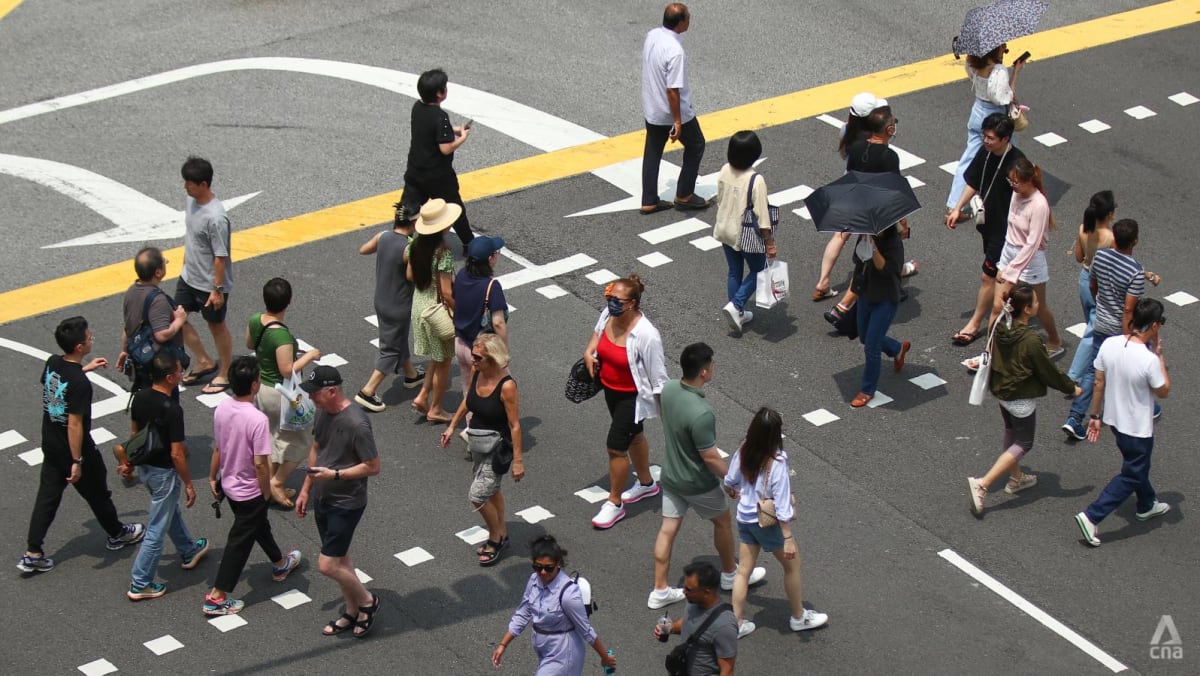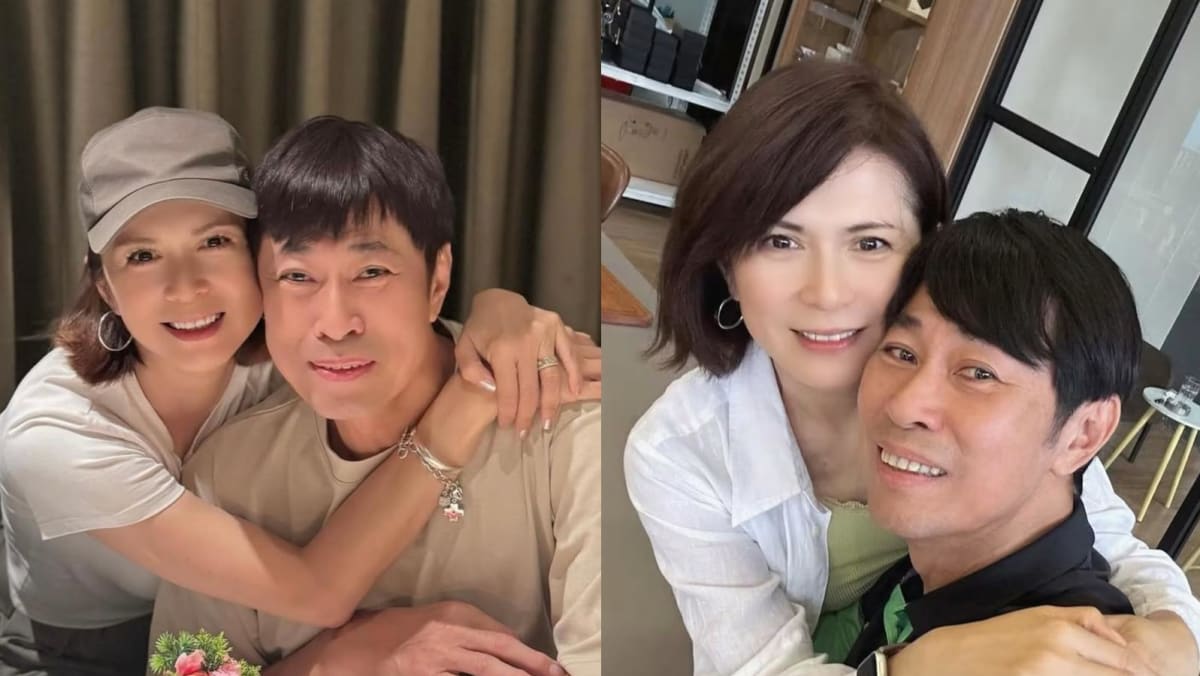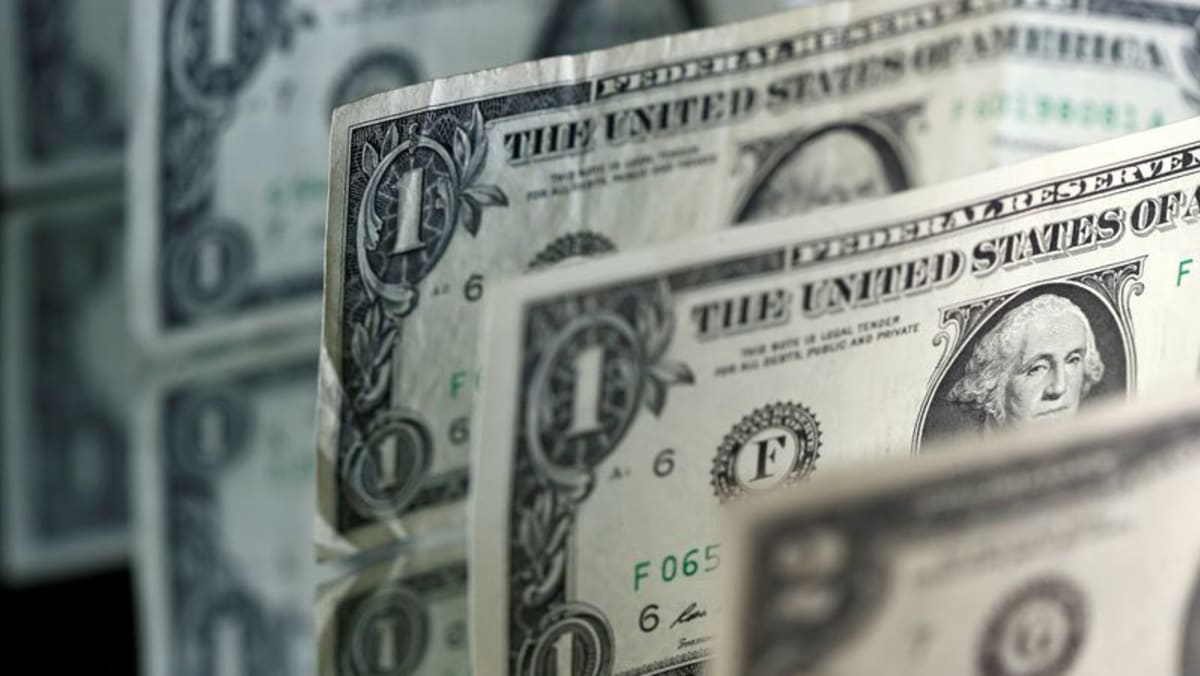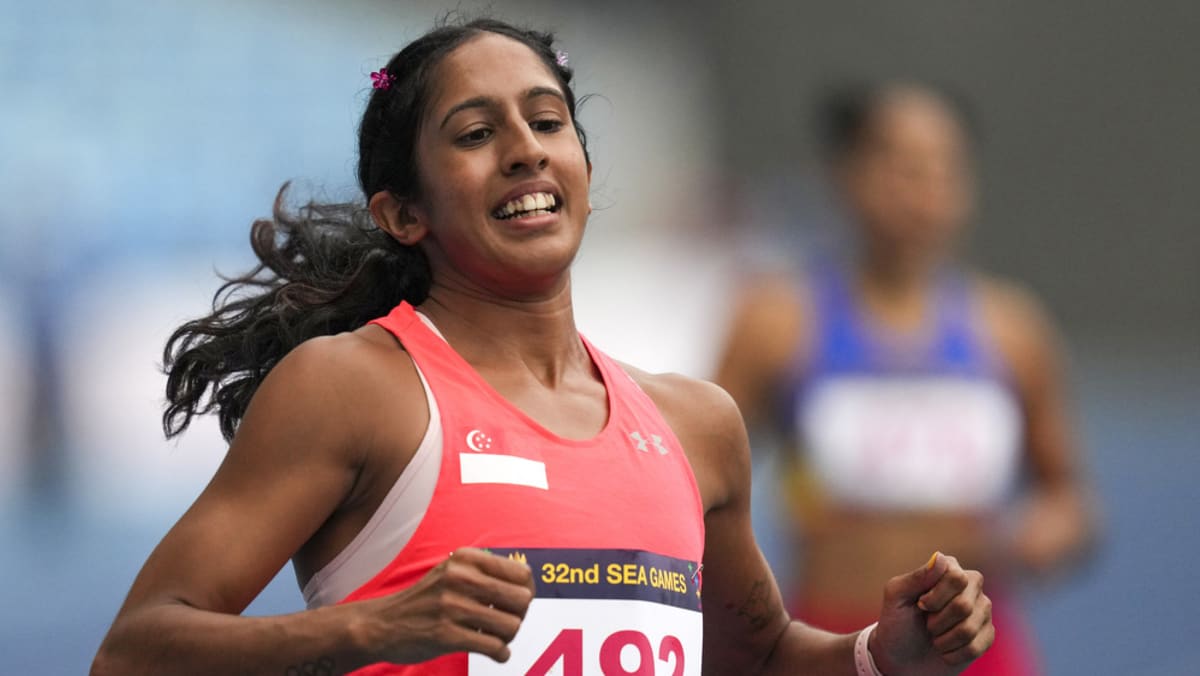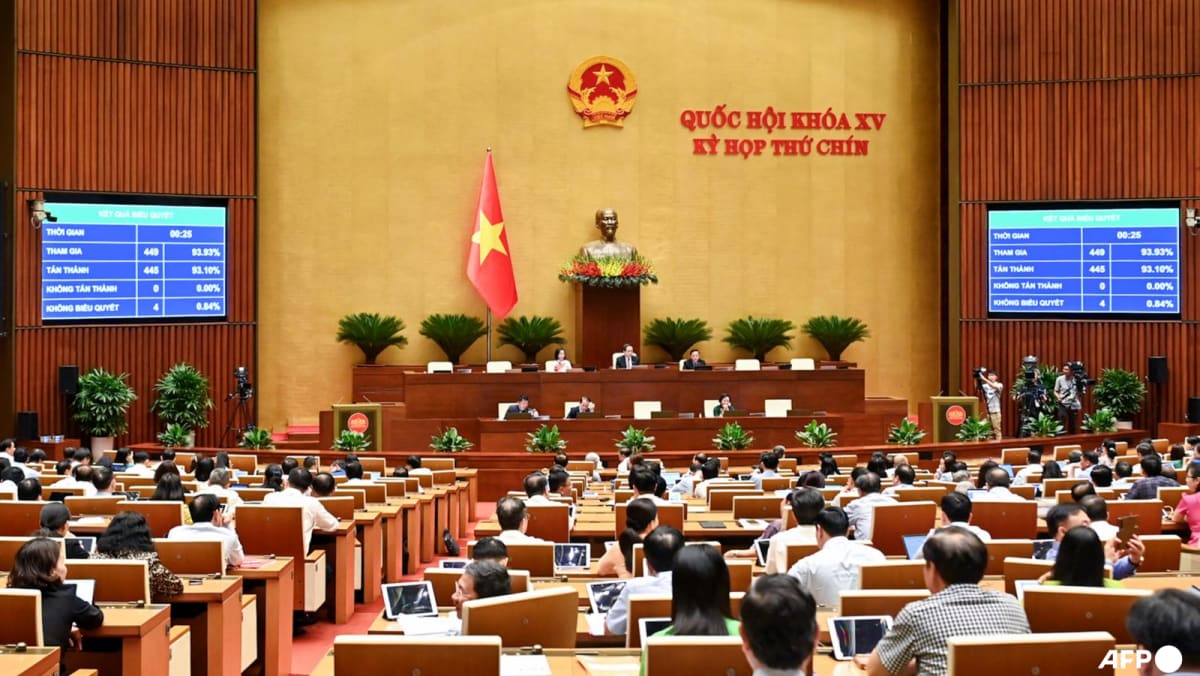Lee Jae-myung’s victory, despite several ongoing criminal trials, reflects the strong public disapproval of the conservative Yoon administration, says the Lee Kuan Yew School of Public Policy’s Ryu Yongwook.
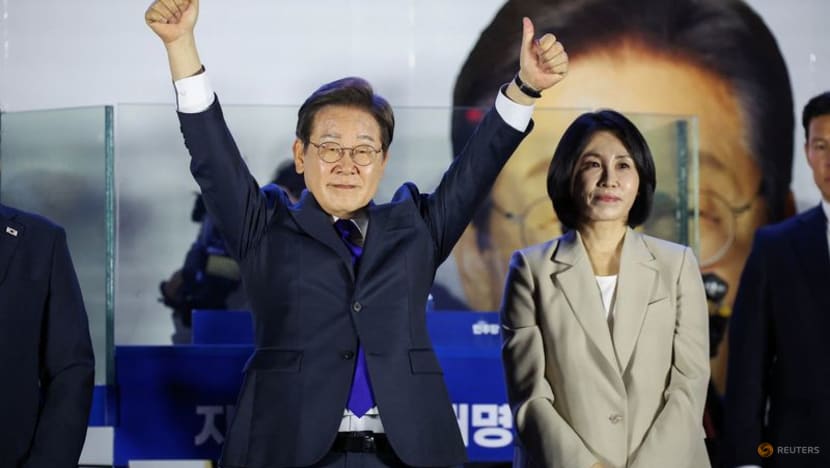 Liberal Lee Jae-myung was elected president of South Korea in a snap election held after months of political turmoil, on Jun 3, 2025. (Photo: Reuters/Kim Hong-Ji)
Liberal Lee Jae-myung was elected president of South Korea in a snap election held after months of political turmoil, on Jun 3, 2025. (Photo: Reuters/Kim Hong-Ji)
New: You can now listen to articles.

This audio is generated by an AI tool.
SINGAPORE: Exactly six months ago, hundreds of ordinary citizens flocked to the National Assembly to prevent then president Yoon Suk Yeol’s martial law order.
On Wednesday (Jun 4), South Koreans woke up to a new president – Lee Jae-myung from the progressive Democratic Party. He won the country’s highest-turnout election in nearly three decades in polls held on Tuesday.
Mr Lee, a former child factory worker turned human rights lawyer turned politician, secured 49.4 per cent of the vote, defeating conservative candidate Kim Moon-soo by more than 8 percentage points. The voter turnout of 79.4 per cent was the highest since 1997.
His victory, despite ongoing criminal trials for charges including bribery and corruption, reflects the strong public disapproval of the Yoon administration’s martial law declaration and its handling of the aftermath.
It also marks a tremendous comeback for Mr Lee, who lost the 2022 election to Yoon by a razor-thin 0.7 percentage point.
In his victory speech on Wednesday morning, Mr Lee called for national unity and restoration of democracy, and vowed to become a leader for every Korean and to improve the lives of ordinary people.
This is a welcome message, as intense political polarisation has divided the Korean society and stifled the functioning of government in recent years.
Mr Lee faces a tough road ahead, however, as he inherits a set of internal and external challenges.
ECONOMIC GROWTH AND SOCIAL CHALLENGES
The most pressing task for Mr Lee is to boost the sluggish Korean economy. Just last week, the Bank of Korea slashed its 2025 economic growth forecast to a meagre 0.8 per cent, down from 1.5 per cent in February.
At the same time, inflation remains above 2 per cent, which implies that real growth has been negative, while housing prices in Seoul have increased beyond what most people can afford.
Mr Lee has already promised a major stimulus package of 35 trillion won (US$25 billion), but an expansive fiscal policy of this sort can only be a short-term measure.
What is required is fundamental reform that tackles structural issues – declining productivity, ageing society and the world’s lowest fertility rate, medical and pension reforms, controlling housing prices and upskilling the population for emerging technologies such as artificial intelligence. It calls for the re-writing of a social contract that deals with how to generate and distribute wealth in a productive, fair and equitable manner.
Successive Korean administrations have largely avoided dealing with these issues in the past, as structural reforms would cause controversy and prove unpopular. Mr Lee must show political courage and lead on structural reforms, not only to rejuvenate the ailing Korean economy, but to prevent deeper social fracture in the years ahead.
FOREIGN POLICY CHALLENGES
Mr Lee’s foreign policy will be tested early.
On North Korea, he favours engagement and negotiation, while simultaneously recognising the importance and utility of military deterrence.
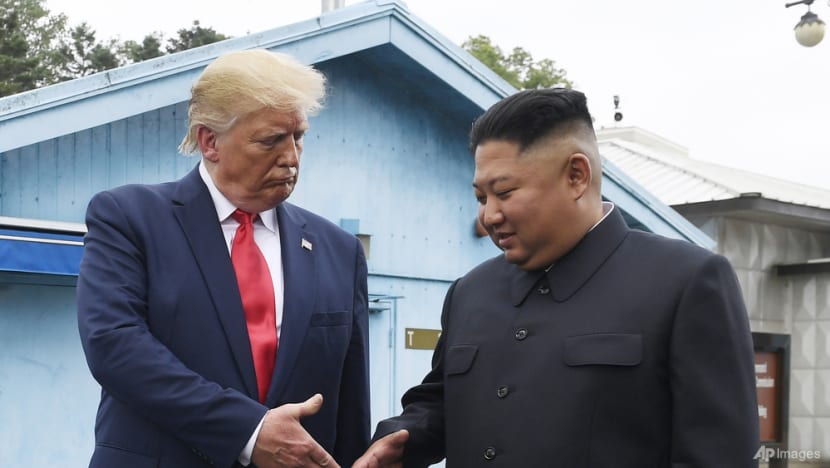 North Korean leader Kim Jong Un (right) and US President Donald Trump at the border village of Panmunjom in the Demilitarized Zone on June 30, 2019. (AP Photo/Susan Walsh, File)
North Korean leader Kim Jong Un (right) and US President Donald Trump at the border village of Panmunjom in the Demilitarized Zone on June 30, 2019. (AP Photo/Susan Walsh, File)
With a progressive administration in South Korea once again in place, along with United States President Donald Trump and Pyongyang’s Kim Jong Un – the configuration behind the Singapore and Hanoi summits in 2018 and 2019 – this raises the possibility of more diplomatic activities.
While conditions have changed, especially with North Korea’s recent military partnership with Russia, both Mr Trump and Mr Kim appear interested in giving negotiation another shot. The Lee administration will seek to play a more active and conducive role in making progress on the North Korea issue.
On the US-China rivalry, the Lee administration will come under greater pressure to enhance its cooperation with Washington.
Mr Lee has pledged to enhance the alliance with the US and further develop the US-Japan-South Korea trilateral. At the same time, he has repeatedly said that South Korea must not be drawn into any conflict between the US and China, including over Taiwan. He calls this “pragmatic” diplomacy serving South Korea’s national interests.
This balancing act is tricky. Mr Lee must show deft diplomatic skills if he is to navigate turbulent external circumstances and make progress on the peace and stability of the Korean peninsula. Otherwise, his pragmatic diplomacy could end up weakening the alliance with the US or degenerating South Korea to become a pawn in the great power strategic game.
REVIVAL OR DECLINE OF KOREAN DEMOCRACY?
With Mr Lee’s victory, the Democratic Party will control the legislature and the executive. As president, Mr Lee can appoint three judges on the Constitutional Court, meaning progressive-leaning judges will dominate that court. In addition, Mr Lee might also seek to expand the number of Supreme Court judges, as a way to appoint more progressive judges on the supreme court. This would consolidate his power and control of all branches of government.
The conservatives are deeply concerned about this situation and believe that Mr Lee will use his power to avoid his criminal investigation and charges, thereby weakening Korean democracy.
The progressives vehemently disagree and believe that the conservative People Power Party must be dissolved for its role in supporting or defending Yoon’s martial law. If both sides maintain their views, Korean politics will continue to suffer from political polarisation and wrangling.
Mr Lee’s political skills and leadership will be tested and assessed on how Korean democracy consolidates during his presidency. One hopes that he will rise above his personal or narrow group interests and promote the fundamental democratic principle of checks and balances across different branches of government.
Ryu Yongwook is an Assistant Professor at Lee Kuan Yew School of Public Policy, NUS. He specialises in International Relations, with a focus on East Asia.

